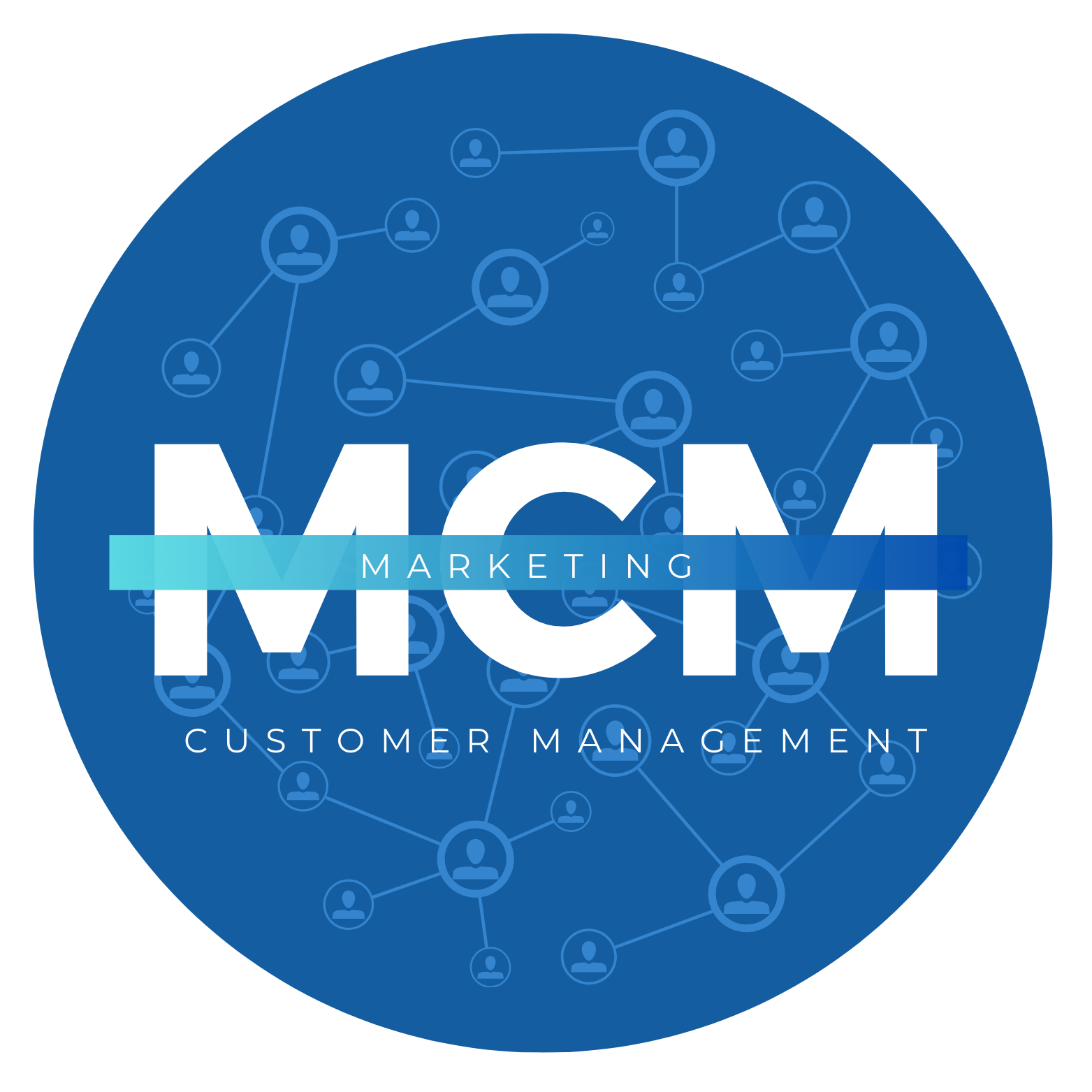Overcoming Marketing Budget Constraints for Small Businesses: Post 1 of 3
Streamlining Data Management for Small Businesses in Omnichannel Marketing

Small businesses often face budget constraints that can make implementing omnichannel marketing strategies seem like a daunting task. However, there are cost-effective solutions that can help these businesses streamline data management and gain valuable insights, enabling them to make data-driven decisions without exceeding their budget. In this article, we will explore how cost-effective customer relationship management (CRM) tools and free analytics platforms can be valuable assets for small businesses navigating the challenges of omnichannel marketing.
The Challenge of Data Management for Small Businesses:
In the era of omnichannel marketing, data is king. Small businesses need to collect, analyze, and utilize customer data effectively to provide personalized experiences and make informed marketing decisions. However, the cost of sophisticated data management solutions can be prohibitive for small businesses with limited resources.
Cost-Effective CRM Tools:
CRM tools are essential for managing customer interactions, but they don't have to break the bank. Several cost-effective CRM options are tailored to the needs and budgets of small businesses. Here's how they can help:
- Data Centralization: These tools allow small businesses to centralize customer data from various channels, providing a single source of truth. This simplifies data management and ensures consistency.
- Contact Management: Cost-effective CRMs provide features for contact management, allowing businesses to segment customers based on various criteria, such as demographics, purchase history, and engagement level.
- Automation: Automation features streamline tasks like email marketing and lead nurturing, saving time and resources while maintaining personalized communication.
- Scalability: Many cost-effective CRMs offer scalable plans that grow with the business, making them ideal for small businesses looking to expand their omnichannel efforts gradually.
Free Analytics Platforms:
In addition to CRM tools, small businesses can take advantage of free analytics platforms to gain valuable insights into their omnichannel marketing efforts. Here's how these platforms can help:
- Website Analytics: Tools like Google Analytics provide detailed insights into website traffic, user behavior, and conversion rates. Small businesses can track the performance of their websites and identify areas for improvement.
- Social Media Analytics: Social media platforms often offer free analytics tools that allow businesses to measure the impact of their social media campaigns, track engagement, and identify the most effective content.
- Email Marketing Analytics: Email marketing platforms like MailChimp provide free analytics features that enable businesses to monitor open rates, click-through rates, and subscriber engagement.
- Customer Behavior Analysis: Free analytics tools can help small businesses track customer behavior across channels, providing insights into customer preferences and helping tailor marketing strategies accordingly.
Conclusion:
Small businesses may have limited budgets, but that doesn't mean they can't succeed in omnichannel marketing. Cost-effective customer relationship management (CRM) tools and free analytics platforms are valuable resources that enable small businesses to streamline data management, gain insights, and make data-driven decisions without exceeding their budget. By centralizing customer data, automating tasks, and leveraging free analytics tools, small businesses can compete effectively in the omnichannel landscape and provide exceptional experiences for their customers. In this way, they can overcome the challenges of limited resources and thrive in the digital age.
MCM's Marketing Mindset








